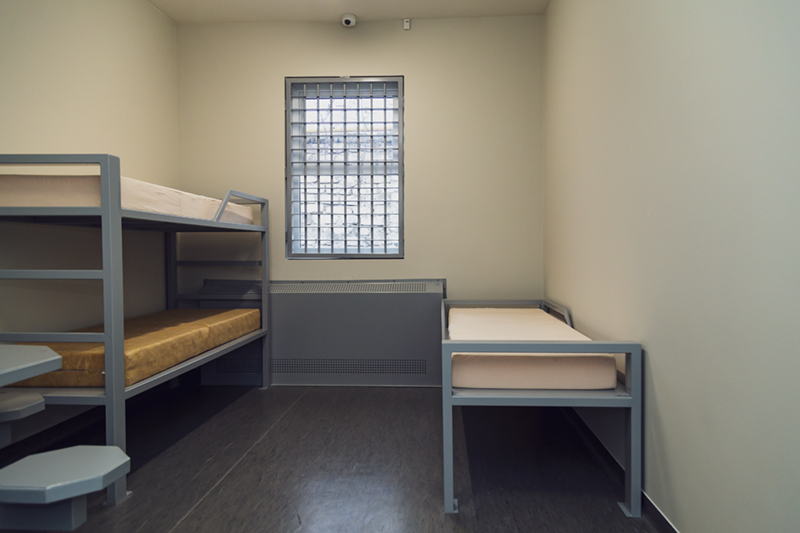Two weeks before Election Day, the U.S. Department of Justice may be in the position of going to the U.S. First Circuit Court of Appeals in Boston to explain why the government should be allowed to keep same-sex couples from receiving equal Social Security benefits and equal tax treatment to straight couples.
That’s because U.S. District Court Judge Joseph L. Tauro entered an amended judgment and order in Gill v. Office of Personnel Management on Tuesday, August 17, granting, among other things, that “the judgment in this action is stayed pending the disposition of any appeal filed by the Defendants.”
DOJ, therefore, has until October 18 to decide whether to appeal the case, in which Tauro held that Section 3 of the Defense of Marriage Act — which defines “marriage” and “spouse” as referring only to opposite-sex couples — unconstitutional as applied to the GLAD plaintiffs, who include the husband of the late Rep. Gerry Studds (D-Mass.).
The stay — which halts the granting of any of the benefits sought by the plaintiffs until any appeal is resolved — was not opposed by the plaintiffs in the case, represented by Gay & Lesbian Advocates & Defenders, and the agreed order was entered on the docket on August 18.
GLAD’s Mary Bonauto, who argued the case, said in a statement, “We agreed to a stay for two reasons. First and foremost, it is in our clients’ best interest. They want the certainty of knowing that their Social Security payments, health insurance costs, or tax refunds are not potentially subject to repayment to the government. Only a final victory ensures that.
“Second, we think the stay actually provides clarity for married couples around the country who are looking at their own situations and wondering whether the Gill decision allows them to apply for Social Security benefits, for example, or sponsor their spouse for citizenship. The answer, even without a stay in Gill, is: no, not yet.”
The companion DOMA challenge brought by Massachusetts Attorney General Martha Coakley (D), Massachusetts v. U.S. Department of Health and Human Services — regarding which Judge Tauro has received signficant criticism for his disposition of the Tenth Amendment and Spending Clause challenges to DOMA’s Section 3 — apparently still has the initial August 12 judgment controlling the 60-day clock for appeal, which would strike a week earlier, on October 11. [October 11 — Columbus Day — is a federal holiday, so the deadline will fall to October 12.]
At this point, the Gill stay means that DOJ has not yet decided to let Tauro’s ruling stand. It has not, in other words, decided not to appeal the decision. That means one of two things: Either DOJ has not yet decided whether it is going to appeal the ruling — which Lisa Keen writes one of the DOJ lawyers on the case told her — and sought a stay in order to give it time to make that decision or DOJ is appealing and wants time to prepare its appeal.
By seeking a stay, however, DOJ took the first step that it would need to take if it does plan to appeal. This is just careful lawyering, but it is a sign that, at least, an appeal is being considered.
The Gill joint motion — in addition to the stay — included an amended judgment that laid out the specific outcomes of the judge’s ruling that Section 3 of DOMA was unconstitutional as applied to the plaintiffs.
The Gill documents:






















